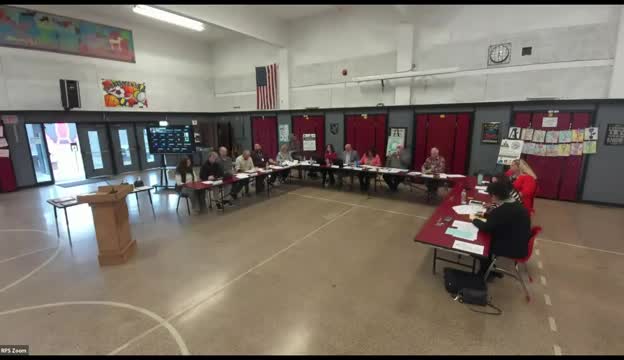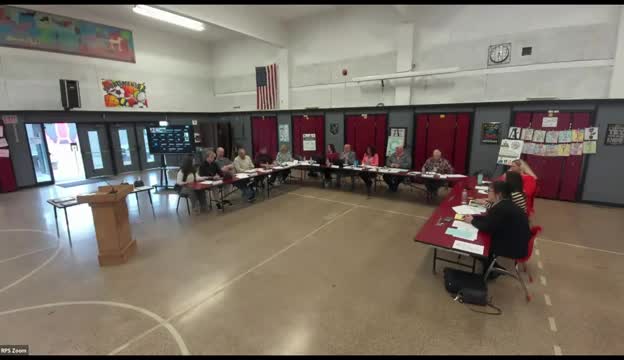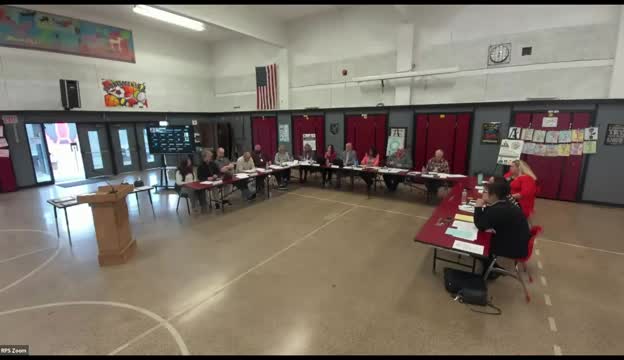Article not found
This article is no longer available. But don't worry—we've gathered other articles that discuss the same topic.

Superintendent Flags $4.3M PERS Gap and Says Closure of Roseburg Virtual School Is Among Budget Decisions Under Consideration

Roseburg Board Selects Sodexo for Nutrition Services; One‑Year Contract With Renewal Option Approved

Board Approves MOU with UCC to Create Roseburg High Medical Pathways Annex

